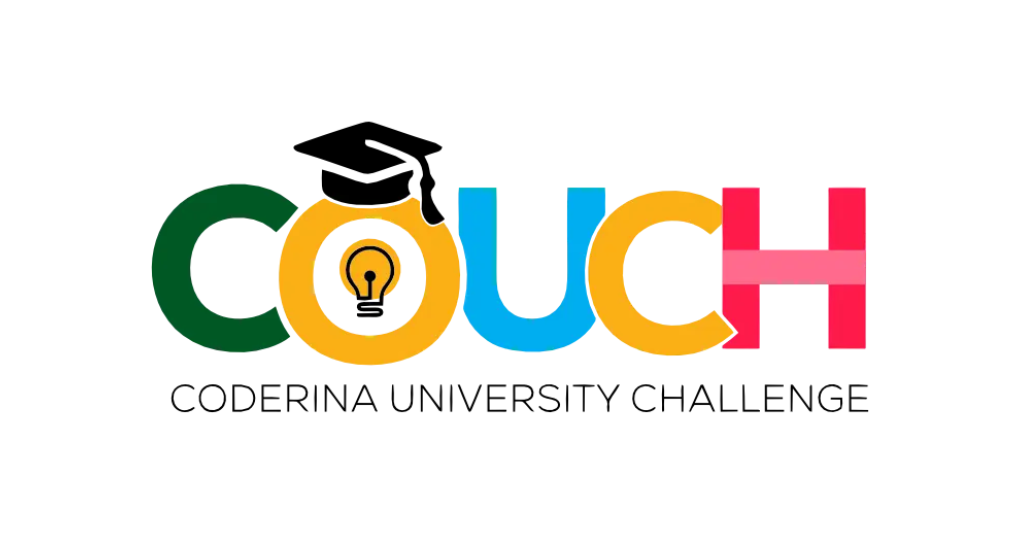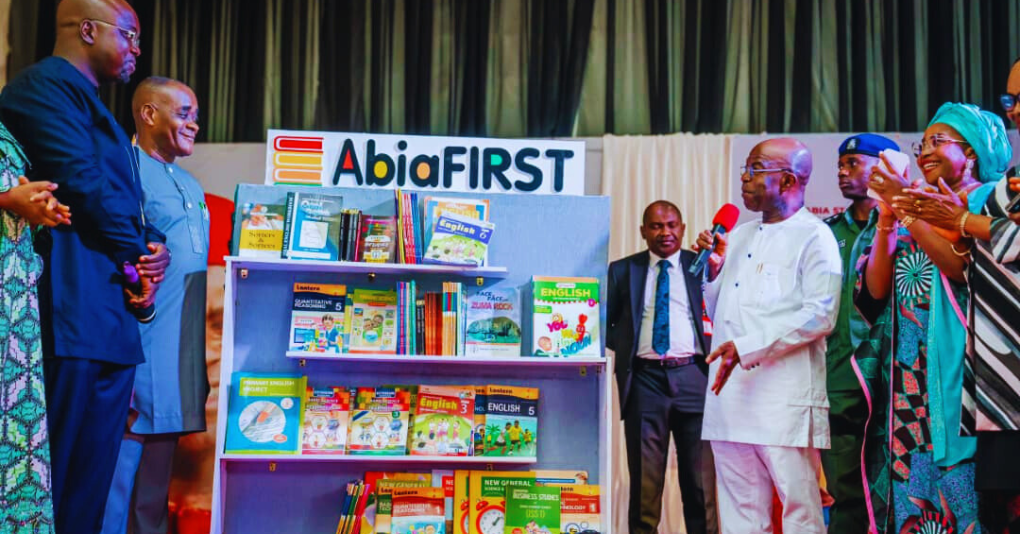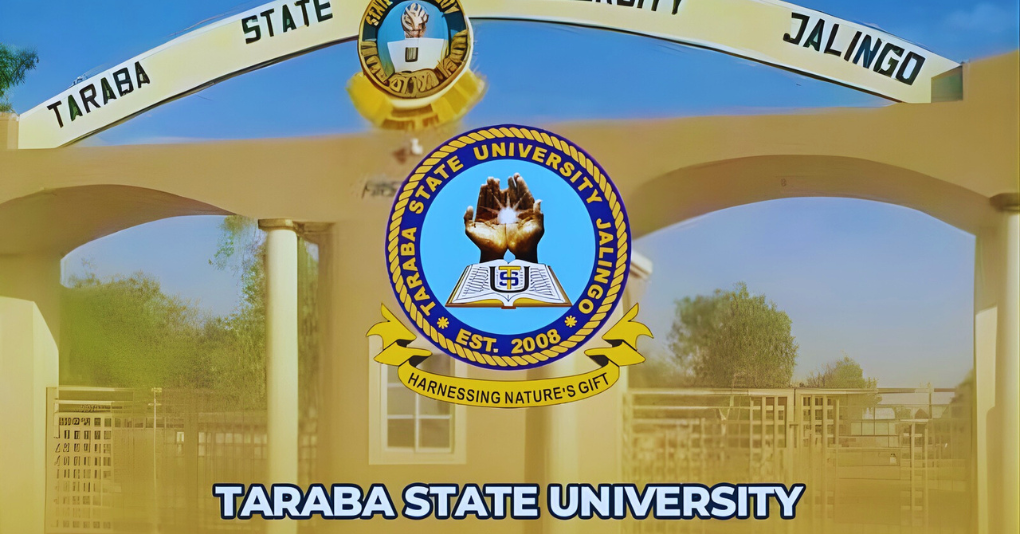The Coderina Education and Technology Foundation announced on Tuesday that ten universities have made it to the grand finale to unveil their creative innovations at the Coderina University Challenge.
Coderina founder Olajide Ajayi said in a statement that this year’s grand finale held special significance, as it coincided with Global Entrepreneurship Week.
Mr Ajayi said it was a worldwide celebration of innovators and job creators under the theme, ‘Together We Build’.
COUCH, an initiative of Coderina Education and Technology Foundation, is designed to inspire innovation, creativity, and problem-solving among students in tertiary institutions across Nigeria.
The 2025 edition drew remarkable participation from universities nationwide, with students developing solutions that address real-world challenges through technology, research, and entrepreneurship.
Mr Ajayi said that the challenge of alignment underscored Nigeria’s commitment to nurturing a new generation of innovators capable of driving inclusive growth and sustainable development through science, technology, and innovation.
He noted the importance of fostering innovation-led education and bridging the gap between academic knowledge and industry needs.
“The COUCH programme continues to serve as a national platform for showcasing how Nigerian youths are using creativity and technology to reimagine the future.’’
The Coderina founder stated that the teams competing in the grand finale included the Nile University of Nigeria, which had developed autonomous underwater vehicles designed for subsea pipeline inspection.
He stated that the aim of the AUVs was to address the critical issue of corrosion and damage, which can lead to oil and gas leaks. Mr Ajayi said that the Kwara State University team built SUNPOD, a portable solar-powered station designed to address Nigeria’s significant energy deficit.
“The SUNPOD aims to provide affordable, clean, and off-grid electricity for lighting and device charging, benefiting rural homes, students, small businesses, and healthcare facilities,” said Mr Ajayi.
According to him, the Federal University of Technology, Akure, built an intelligent waste management system that combines mobile technology, IoT-enabled smart bins, and AI-driven waste sorting to address Nigeria’s waste management challenges.
Mr Ajayi stated that FUTA’s innovation aimed to make disposal easier, more rewarding, and data-driven, thereby promoting a cleaner environment and a circular economy.
“Ahmadu Bello University has a Plastic to Paint (P2P) initiative, addressing the global issue of plastic waste, particularly in Nigeria. The P2P transforms low-density polyethylene and polystyrene into eco-friendly, mosquito-repellent paint,” Ajayi explained.
He added that the Federal University of Technology, Minna’s Waste2Light, was dedicated to transforming waste materials into sustainable energy solutions.
According to him, Waste2Light focuses on empowering underserved communities by creating affordable, off-grid power systems from recycled resources, while also providing youths training in fabrication and clean energy.
The Coderina founder noted that, beyond existing products, the institution was developing innovative solutions, such as hybrid power systems for flood-prone areas and eco-charcoal briquettes from rice husks.
The founder stated that Lagos State University developed ScrapLink, a digital marketplace aimed at connecting small-scale scrap metal sellers with qualified buyers, primarily targeting an underserved market in Lagos, Nigeria.
Share this post





Be the first to comment on this post